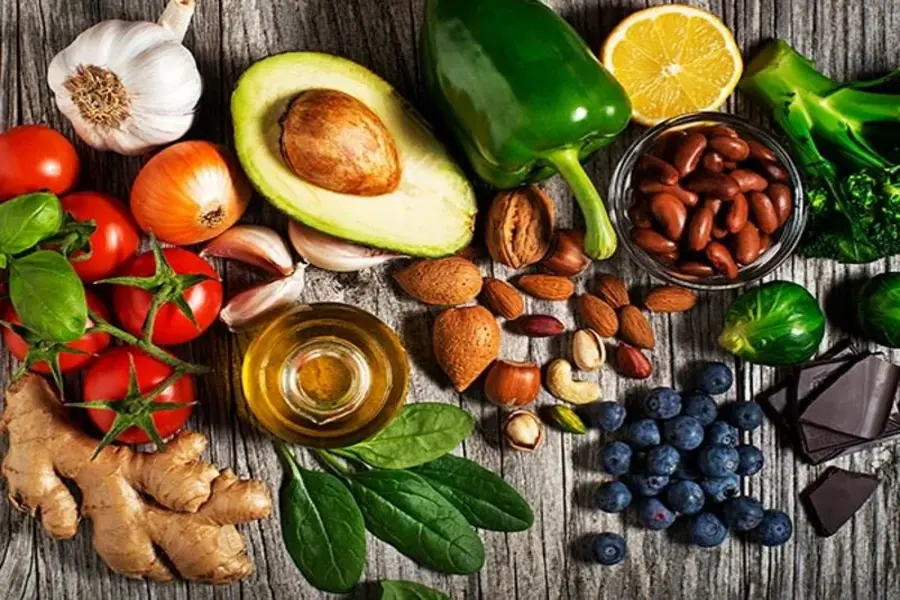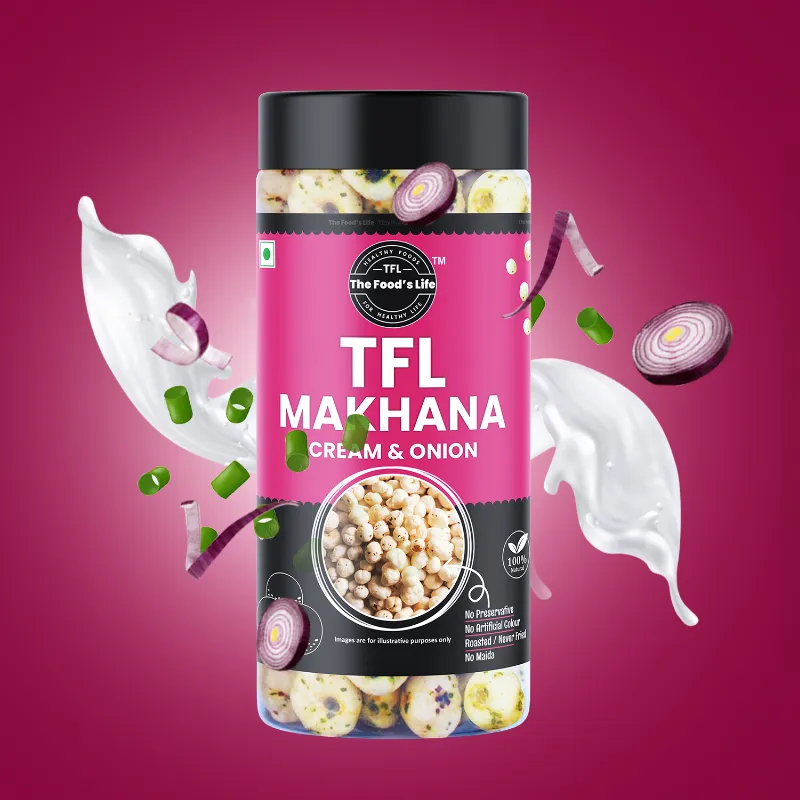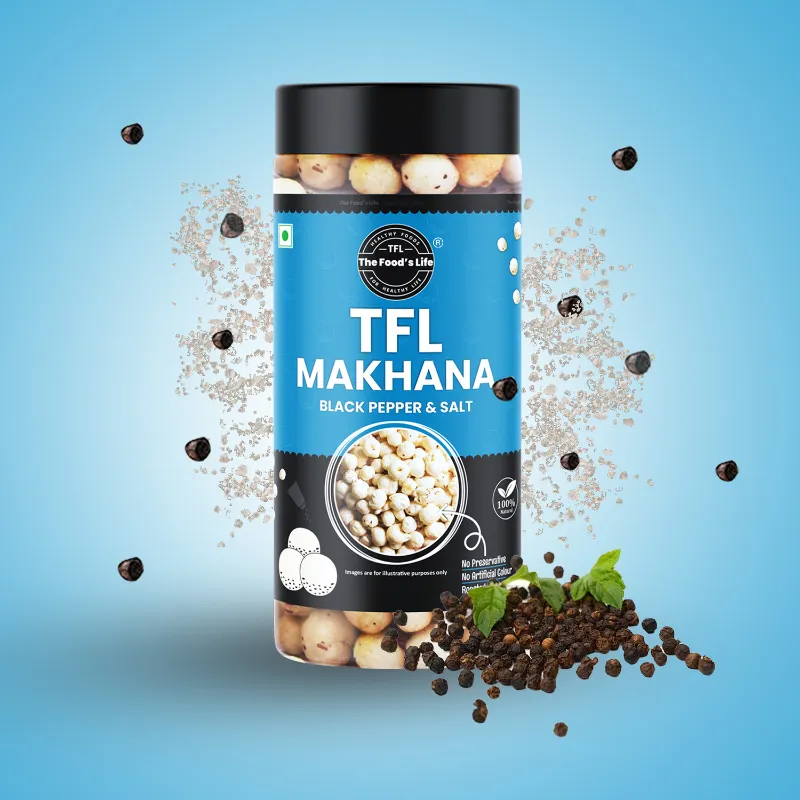Maintaining a balanced diet is essential for good health, and vitamins and minerals play a crucial role in ensuring your body functions properly. These nutrients are vital for energy production, immune function, bone health, and more. But how can you make sure you're getting enough of them through your diet? Here’s a comprehensive guide to help you ensure you’re meeting your vitamin and mineral needs.
1. Eat a Variety of Foods
One of the simplest ways to ensure you’re getting enough vitamins and minerals is to eat a wide variety of foods. Different foods provide different nutrients, so the more diverse your diet, the more likely you are to get a comprehensive array of essential vitamins and minerals.
- Fruits and Vegetables: Aim for a colorful plate. Different colors usually indicate different nutrients. For example, dark leafy greens are rich in iron and calcium, while orange and yellow fruits and vegetables are high in vitamin A.
- Whole Grains: Incorporate whole grains like brown rice, quinoa, and oats into your diet. They are good sources of B vitamins, iron, and magnesium.
- Proteins: Include lean meats, fish, eggs, beans, and nuts. These are rich in B vitamins, iron, zinc, and other essential minerals.
- Dairy or Alternatives: Dairy products are excellent sources of calcium, vitamin D, and potassium. If you're lactose intolerant or vegan, look for fortified plant-based alternatives like almond or soy milk.
2. Focus on Nutrient-Dense Foods
Nutrient-dense foods provide a high amount of vitamins and minerals relative to their calorie content. Prioritize these foods to ensure you’re getting the most nutrition per bite.
- Leafy Greens: Spinach, kale, and Swiss chard are loaded with vitamins A, C, K, and folate, as well as minerals like calcium and iron.
- Berries: Strawberries, blueberries, and raspberries are rich in vitamin C, fiber, and antioxidants.
- Nuts and Seeds: Almonds, walnuts, chia seeds, and flaxseeds are great sources of vitamin E, magnesium, and healthy fats.
3. Incorporate Fortified Foods
Fortified foods have vitamins and minerals added to them during processing, which can help you meet your nutritional needs. This is especially important for nutrients that are harder to get from food alone, like vitamin D and B12.
- Fortified Cereals: Many breakfast cereals are fortified with vitamins and minerals such as B vitamins, iron, and zinc. Opt for whole-grain cereals with low sugar content.
- Plant-Based Milks: As mentioned, these are often fortified with calcium, vitamin D, and vitamin B12, making them a good choice for vegans or those who avoid dairy.
4. Mindful Cooking Methods
The way you prepare and cook your food can affect its nutrient content. Here are some tips to retain as many vitamins and minerals as possible:
- Steam Instead of Boil: Steaming vegetables preserves water-soluble vitamins like vitamin C and B vitamins, which can be lost during boiling.
- Use Minimal Water: When cooking vegetables, use the least amount of water possible and try to use the cooking water in soups or sauces to retain the nutrients.
- Avoid Overcooking: Overcooking can destroy heat-sensitive vitamins like vitamin C and some B vitamins. Aim to cook food until it’s just done.
5. Consider Supplements When Necessary
While a balanced diet should provide most of the nutrients you need, some people might require supplements to meet their vitamin and mineral needs.
- Vitamin D: If you live in a region with limited sunlight, you might need a vitamin D supplement, especially during the winter months.
- Vitamin B12: Vegans and vegetarians might need a B12 supplement since this vitamin is primarily found in animal products.
- Iron: If you have low iron levels, a supplement might be necessary, particularly for women of childbearing age.
6. Monitor Your Health
Regular check-ups and blood tests can help you identify any nutrient deficiencies early. If you’re experiencing symptoms like fatigue, weak nails, or hair loss, it might be worth checking your vitamin and mineral levels.
- Blood Tests: Talk to your healthcare provider about getting routine blood tests to monitor levels of essential nutrients like iron, vitamin D, and B12.
- Diet Tracking: Use a food diary or a nutrition app to track your daily intake of vitamins and minerals. This can help you identify any gaps in your diet.
7. Listen to Your Body
Your body often gives you clues when something is missing. Cravings, fatigue, and even mood changes can sometimes be linked to nutrient deficiencies.
- Cravings: If you constantly crave certain foods, it might be your body’s way of telling you it needs specific nutrients.
- Energy Levels: Low energy levels can be a sign of deficiencies in iron, B vitamins, or vitamin D.
Conclusion
Ensuring you get enough vitamins and minerals from your diet is about variety, nutrient density, and mindful eating. By focusing on a balanced diet rich in fruits, vegetables, whole grains, and lean proteins, and considering supplements when necessary, you can meet your nutritional needs and support your overall health. Regular health check-ups and being attentive to your body’s signals will also help keep you on track. Remember, a well-rounded diet is your best defense against nutrient deficiencies and your best ally for a healthy life.






